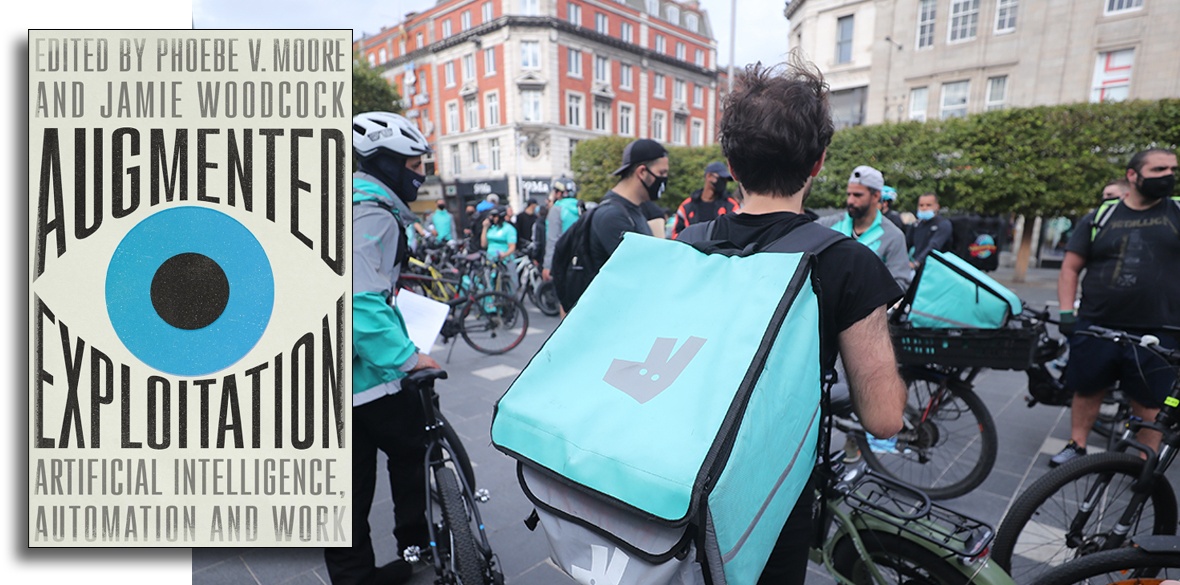This is the last article you can read this month
You can read more article this month
You can read more articles this month
Sorry your limit is up for this month
Reset on:
Please help support the Morning Star by subscribing here
WORKERS in Britain are beginning to feel the effects of technological developments that have been decades coming down the line. Thus this collection of expert studies from various fields of research on work is a fascinating weapon in the “knowledge is power” armoury opposing them.
As we enter a phase of increasing use of artificial intelligence (AI) and automation in the control of labour processes, it is crucial that workers are protected from incursions on their rights. Not only their employment rights but the human rights of workers are under assault in the new forms of “digital Taylorism” quietly being set in place.
A century’s evolution of employment relations and the bettering of conditions for workers is in the balance.
In this collection of essays edited by Phoebe V Moore and Jamie Woodcock, case studies of delivery bikers reveal the potential for more wide-scale introductions of informatics and surveillance tactics, driving workers to appease “the algorithm gods.”
Distributed technologies of data capture and analysis are filtering through the infrastructures of daily life and work. “In diverse contexts — the platform economy, warehousing and logistics, the hybrid spaces of creative and freelance work — individual behaviour is measured, monitored and predicted by sensors, apps and algorithms,” one of the contributors writes.
Thus if you’re not feeling paranoid then you’re just not paying attention, as the saying goes. In this case, correct, because companies don’t put announcements in the daily gazette when they onload these functions. Whoever owns the data has the power to do so.
The question is, where does the locus of control lie in the collection of tracked data, the analyses performed and the decisions being made about it? The answer points to the concept of “proprietary knowledge,” in other words, what your boss has access to that you don’t.
As Marx saw in Capital, new technologies change the forms of exploitation. We are entering the stage of “quantification of the self,” according to researchers, where a courier’s surplus value doubles itself on the screen — once in the job well done and then through the data capture, entered by the worker on demand from the little god app her work depends upon.
The true nuance of capital is that her own data input acts to lower her wages — the expropriation of workers’ data represents the hidden abode of platform capitalism — and offering shareholders a vista of ever-tightening efficiencies is the USP of platform capitalism. Ouch.
The final chapters of Augmented Exploitation explore modes of resistance, where the humble human takes on the machine. It is here that formal and informal struggles demonstrate the potential for conflict around AI and algorithmic work control.
As always, the key to resistance is overcoming companies’ attempts to atomise workers — isolation equals impotence — and to come together, to collectivise. “Sousveillance,” the monitoring of management practices by and for workers, is one strategy whereby the tools of oppression might be turned upside down.
Published by Pluto Press, £19.99.











